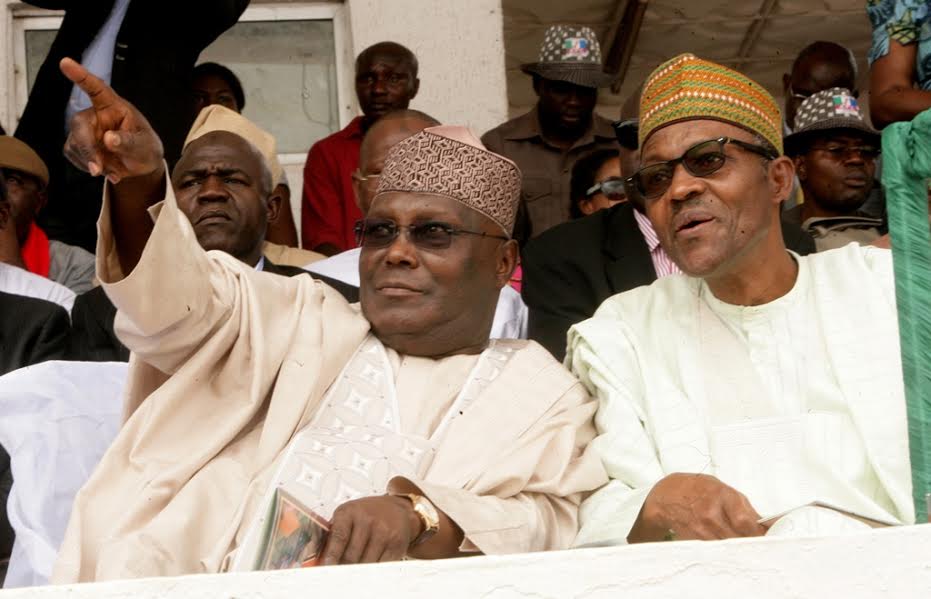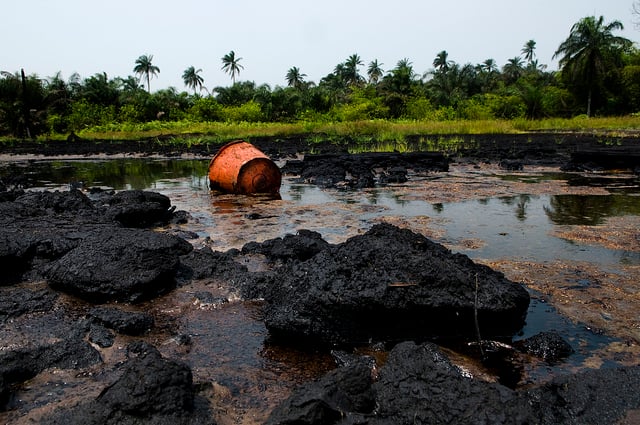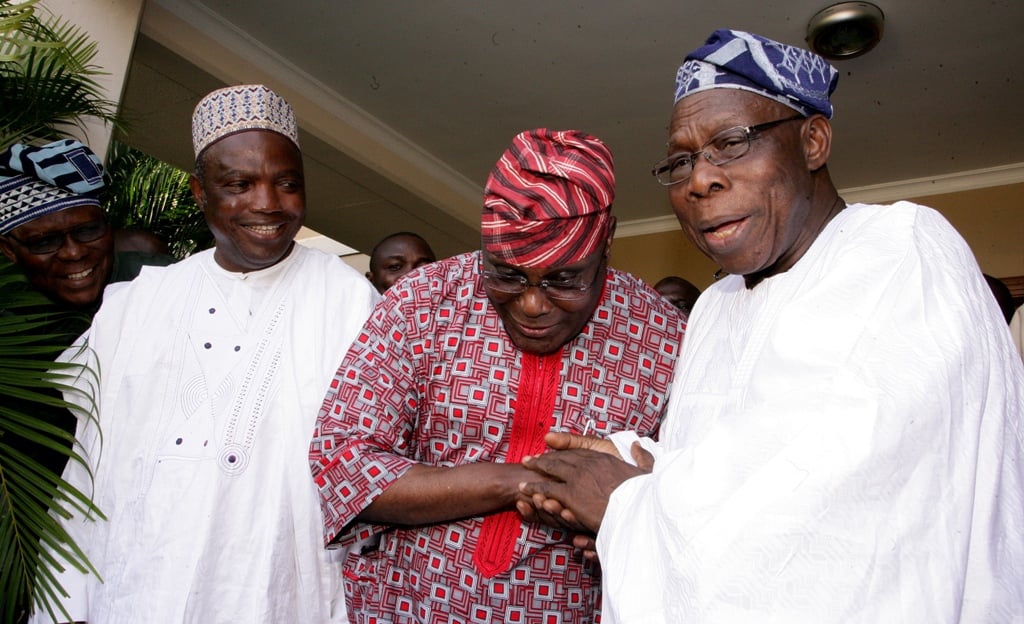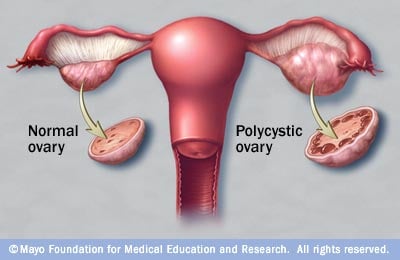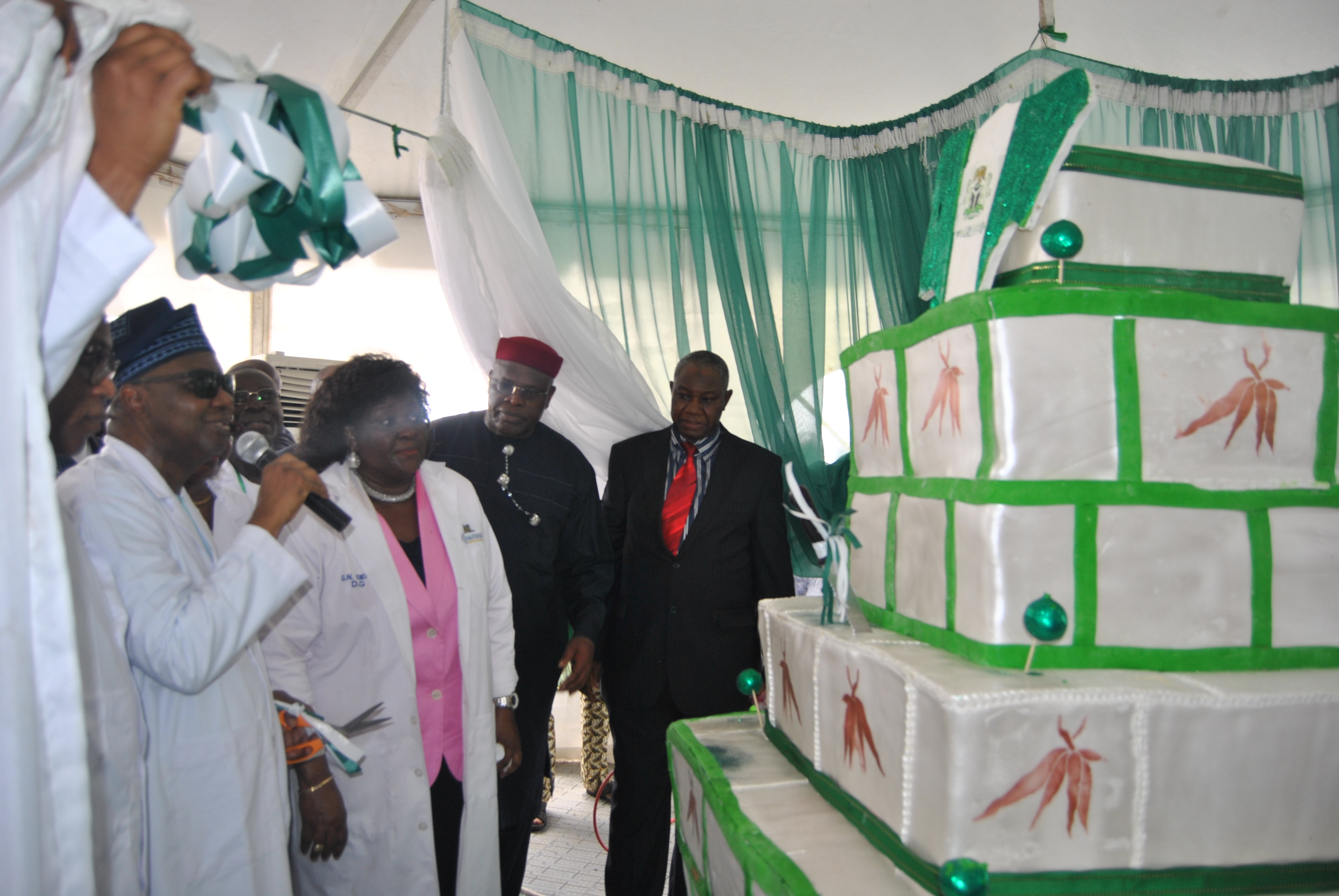In an interview with TheCable team comprising Simon Kolawole, ‘Fisayo Soyombo and Fredrick Nwabufo, former Vice-President Atiku Abubakar speaks on his presidential ambition, his plans and the corruption perception of him
You are regarded by some as the most prepared presidential candidate Nigeria currently has. From the first time you tried in 1993 till date, what has changed in the Nigerian condition?
The world has become a smaller village because of technology. National economies have become integrated into the global economy. Socially and politically, governance in Nigeria has become more complex. There had been a drastic adjustment in the values and expectations of citizens in respect of what they want from their government. People have become more conscious of their rights and their insistence on service delivery is becoming more loud. Those things have changed. The challenges of security have become more daunting. The search for good leadership has, however, not changed. Democratic values have diminished. The electoral process has become more expensive because of the involvement of agencies whose personnel see an election as an opportunity to corruptly enrich themselves. Politics itself has become more expensive because of advancement in technology.
How will you tackle power supply, compared to what President Goodluck Jonathan is doing now?
I will diversify the energy mix by incorporating clean coal technology in the generation of small and medium Power plants and build captive power stations. I will develop the mini-hydro stations that are located across the nation. I will implement faithfully and with commitment the Gas to Power Master Plan drawn up in 2005 which emphasises the need for a secure and predictable gas supply to be made available to private investors in power generation. I will address the challenges confronting the power distribution companies and privatise the transmission system. I will make the power sector move investor-friendly by creating incentives. I will train a large number of technicians and engineers.
Advertisement
Is generating power from coal a viable option?
It is an option because technology has now brought a process where you can even clean the coal. That is why they call it clean coal. Over 90% of South Africa’s power comes from coal. The only thing is they are trying to clean the coal because there is a technology now that cleans it. So I don’t see anything wrong. For instance, the south-east could entirely depend on the coal deposit in Enugu and Abakaliki to generate their electricity. So also parts of the north-central, because the coal deposits in Kogi state are so substantial that you could use them and provide enough power for the north-central zone together with its hydro potential. They have small dams in Nasarawa, another one in Plateau. The Plateau one has been in existence. So what we need to do is to expand it because it supplies power to the whole of Plateau and you can extend it to other states. So there is potential for doing that. Not that we have not started… we commissioned international consultants to do that and they really gave us a good mix, and if we had gone by that mix in 2005 we would have attained sufficiency in power generation in the country, but unfortunately we abandoned that and went for gas, which is going to take a very long time.
Insecurity is perhaps the biggest challenge facing Nigeria today. What is this government getting wrong in trying to deal with it?
Advertisement
Lack of political will to tackle insecurity issues holistically. A defect is in the deployment of their security resources especially personnel. There is de-professionalisation of the security agencies by exposing them to duties and environment not consistent with their discipline. Not recognising that security is development and that it is only when a nation can manage its resources to provide the citizens with what they want and need that security can be guaranteed.
Do you subscribe to this notion that a single-term tenure will resolve a lot of crises in the system?
I do not believe that there is any problem with the four-year, two-term tenure stipulated in the constitution. Constitutional crises are raised only when people want to do a two and half or third term. We should just play by the rules.
Some of us believed that you had a fantastic relationship with President Obasanjo while both of you were in power but things went sour. What exactly went wrong?
Advertisement
I still have a good relationship with Baba but on certain occasions we defer on matters of principle and interpretation of facts. This is not unusual for two people who respect each other and have a joint mission to provide good leadership for this nation.
What exactly transpired at the PDP Convention in 2003 when you told the BBC that you had options to run against Obasanjo or be his running mate?
Yes. In 2003, the PDP governors wanted me to run against Obasanjo and I refused and insisted that I would rather be his running mate than to run against him.
President Umaru Musa Yar’Adua was like a brother to you, and your decision to challenge his victory in court in 2007 did not go down well with some members of the Yar’Adua circle, to which you belong. Did you make a mistake?
Advertisement
No, I did not make a mistake. I decided to challenge his victory and pursue it to the logical conclusion at the supreme court so that I could legitimize that victory especially when he had publicly admitted at his swearing-in that the process of his election could have been flawed. So the decision of the supreme court that upheld his victory makes that victory and his mandate quite legitimate. The legal process also deepened democracy and enriched the legal records.
What role did you play to break the impasse caused by Yar’Adua’s absence?
Advertisement
I did not play any major role and could not have played any except to pray for his speedy recovery. You will recall that most people were kept in the dark at that time.
Your decision to form the Northern Consensus Candidate Group in 2010 to challenge President Jonathan for the PDP ticket appeared to be an unhidden sectional agenda which many believe led to the division of Nigeria along ethnic and religious lines which we are still battling with today.
Advertisement
I think that there is a lot of misinformation about the whole idea of the consensus issues. I was not being positioned as a candidate of the north but a candidate of PDP from the north. The concept of consensus was promoted to reduce political tensions within the party as a whole and those who were willing and ready to subject themselves to negotiations submitted themselves to this process. I do not believe anything was wrong with trying to reduce the number of candidates that would be presented at the PDP primaries.
The electoral support of Jonathan in the north in the 2011 election does not show any evidence that the event of 2010 had created any division, ethnic or religious. You will agree that Nigeria’s division along ethnic and religious lines had been actively promoted in the last few years by the present administration and we now have more divisions along those cleavages than ever before.
Advertisement
One of the things that seem to be counting against you in APC is your frequent change of parties. Do you regret returning to PDP in 2010?
No, I have no regrets. And I should not have any. I was a founding member of the PDP. At a point, the PDP leadership became insensitive to the aspirations of party members who were being denied the right to participate in the activities of the party, particularly in the elections. I was virtually kicked out of the party because of my insistence that internal democracy within the party was critical to the survival of democracy. You will recall that I have always been an advocate of a two-party system because it gives people viable choice. I also co-founded the ACN which was supposed to be an alternative to PDP and provide a choice for Nigerians. ACN was not intended to be a platform for dealings but when it turned out to be that, my supporters decided to go back to PDP. As a leader, my decisions on the choice of party affiliations are taken in response to the desires of those who look up to me for leadership. It is not about me. It is about the electoral futures of my supporters. I never changed political parties without wide consultation with my supporters and without subjecting my decisions to their desires. This is what a leader should do and should be prepared to take responsibility. For the avoidance of doubt however, the APC is my last bus stop. We now have two formidable political parties and Nigerians have a viable choice.
Your critics say you are too desperate to be president. What is your take on that?
I have been asked why I am always seeking to become the president of this country. My passion for governance is that of a man who wants to do more for this nation because there is so much more to be done in fixing Nigeria. This passion continues to grow as long as nobody is really doing the fixing. The nation has been kind to me and I need to give something back. I want to play a leading role in the trans-generational accord that will create the Nigeria we all desire and deserve. I will not give up on Nigeria.
It appears the APC ticket is just there for the picking by General Buhari. How prepared are you for the primary election?
I am really prepared for the primary because this is a game that I have participated in more than the others. In other words, I have been involved in primary election since the early 90s, and that has given me a lot of experience when it comes to primaries whether they are direct or indirect because we have participated in both types of primaries. The perception that the ticket is there for Buhari to take is a mistaken perception because Buhari has never participated in any primaries. In the three elections he contested he was simply given the tickets. He did not go through any primaries. I believe that is not going to be helpful to him in this very case. As of today, among the five of us who are going to participate in the primaries I am the only one who is running around the country. Nobody else is doing that. Nowadays delegates have become more enlightened than before. Most of them are very educated and most of them want to engage their candidates in discussions on what is it they have for them, for the electorate and for party. If they have not seen you, not to talk of interacting with you, how would they vote for you?
Secondly, this is not a party that is dominated by the influence of governors. In other words, the governors trying to force delegates to vote even against their own conscience like it happens in the PDP. This is a party that wants to bring about change. And that really wants to allow people to make choices based on their own convictions. So I have seen in a few states where we have governors; where I was very well received, and I had access to all the delegates, to talk to them, interact with them, and also to listen to all their own problems, and I like it and enjoyed it because you get to know quite a lot of things. You think you know all the problems, but when get down the bottom-line and then you begin to listen to ordinary people who live ordinary lives and you find there is a lot you learn. I think all these experiences give me confidence that I have an edge over the rest of them. I know it is not easy. It is difficult. The physical terrain, going round the country is not good particularly, in terms of the road infrastructure, very bad roads. And you fly all over. I have never seen an election period so short like this one. So, for you to be able to cover the entire country, you need to be flying, sometimes covering two or three states in a day. Thank God most of the states I have covered them. The only thing is that you cannot stay too late because when it is dark most of the airports don’t operate. Only few airports operate in the night in this country.
So we should perish the thought that you are going to withdraw for Buhari in order not to have a rancorous primary?
No, I don’t think so. The issue of withdrawal at this moment is not on the table because as candidates we have not met; let’s say the five of us. Before you talk of withdrawal, before you talk of consensus, the candidates must meet as a group. And when they meet as a group all of them must submit to a consensus process. They must also agree what is going to be the mode of the consensus process. How are we going to get a candidate to emerge? So there has to be process, there has to be willingness of all the parties. At the moment, none. We have not even met; five of us, not to talk of agreeing to a consensus option. I would like to say, perhaps, we have passed the consensus option, because this is an option that did not go through the national working committee, did not go through the NEC. So, I think if it did go through all these statutory structures then there is as very slim chance, unless out of the willingness of five us we decide to sit down and produce a process that will throw up a consensus candidate.
